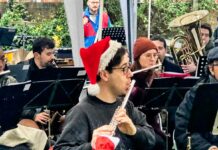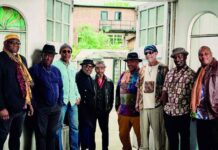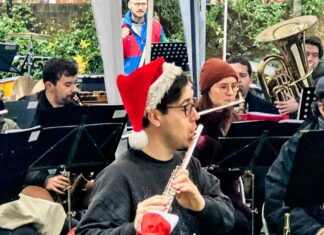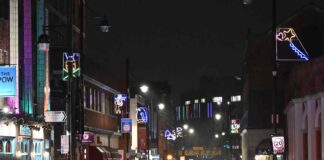Dave Randall looks below the bassline at the Brixton roots of a legendary music culture
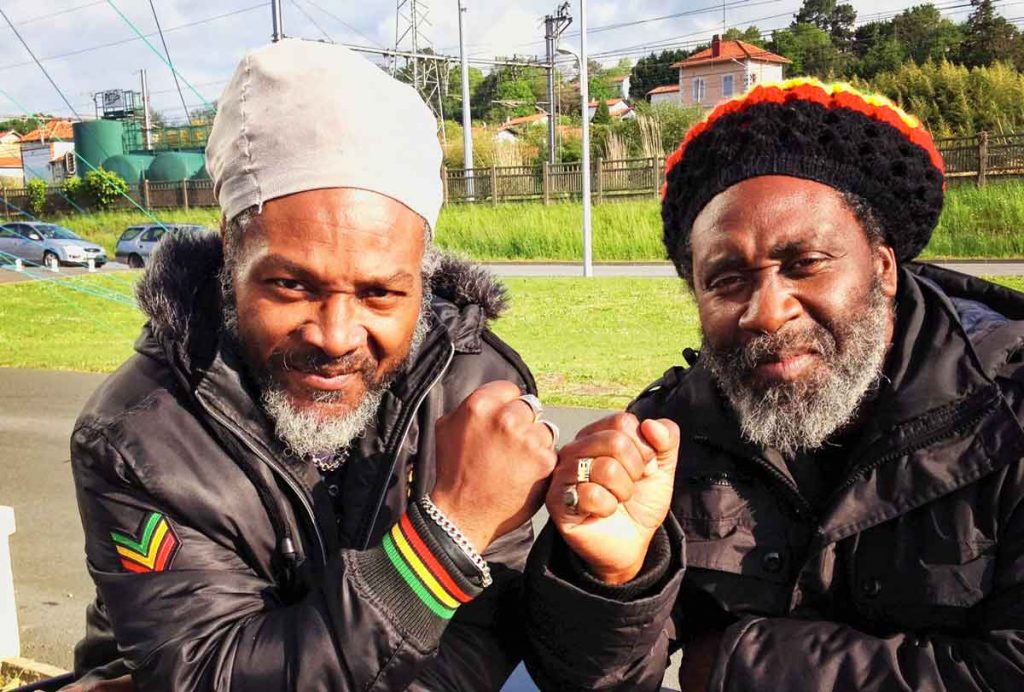
In these divisive and fraught times let’s take a moment to appreciate one “B” word that helps to unite people: Bass.
In an excellent BBC Four documentary On Bass screened last month and still available online, Talking Heads bass player Tina Weymouth investigates the extra–ordinary journey travelled by bass over the last century.
She charts how the modest low-end of acoustic rhythm sections, or “fat man at the back” as one player put it, evolved into the brash and bombastic star of new electronic dance music.
One interviewee is Dizzee Rascal whose tune Bonkers became an anthem of the 2012 London Olympics. If one image from those games that fostered a sense of global unity and celebration was Usain’s “Lightning Bolt”, another was the sight of international crowds joyfully pogoing to the Bonkers’ bass drop. In the documentary Rascal tells us that this, one of his biggest hits, nearly never was. He made the mistake of auditioning the demo sent by producer Armand Van Helden on his phone – a device ill-equipped to reveal the power of the synth bass – and nearly passed on the tune.
An evolutionary leap for bass in the UK began with the arrival of the Windrush generation.
Young men looking for a good time found themselves excluded from London’s pubs and clubs by racist door policies.
Some decided to put on their own dances in homes and community halls, bringing in speakers, a turntable and some choice cuts on vinyl. In so doing they gave birth to a legendary musical culture.
The documentary fleetingly acknowledges the importance of Brixton to the sound system story thanks to an interview with Don Letts.
But what Letts doesn’t mention is that Brixton can lay claim to hosting the UK’s earliest documented sound clash. Local historian Kelly Foster told me about the competition, held in the Lambeth Assembly Hall in 1956.
One sound system was from Notting Hill, probably Duke Vin’s Tickler, and the other Brixton’s Count Suckle Sound.
In the decades following that clash, as rhythm & blues, ska, blue beat and rocksteady gave way to roots reggae, lovers rock and dub, bass became king.
Today sound systems compete to find out not only who has the best tunes, but also the most bone-shaking, Babylon-quaking sound.
If you’ve never experienced a sound system get along to the Brixton Electric on Friday 8 February and help Channel One celebrate their 40th anniversary.
Expect dub reggae classics with the richest of heavyweight bass delivered by a wall of hand-crafted speaker cabinets.
Selector Mikey Dread and his brother Jah T began playing at blues parties and local dances under the watchful eye of their father, owner and operator of Admiral Bailey Sound.
They chose the name Channel One in homage to the legendary Jamaican record label of the same name, whose tunes featured heavily in their early selections.
Mikey describes Channel One’s mission as breaking down barriers via reggae music. That mission feels as urgent now as ever. Happy anniversary Channel One – may others be inspired by your example.
Whether it’s upright and swinging, smooth and grooving, deep and dub-stepping, digital, analogue, acoustic or brass, may bass continue to lay the foundation for some unity.
Dave Randall is a musician and author of Sound System: The Political Power of Music.

